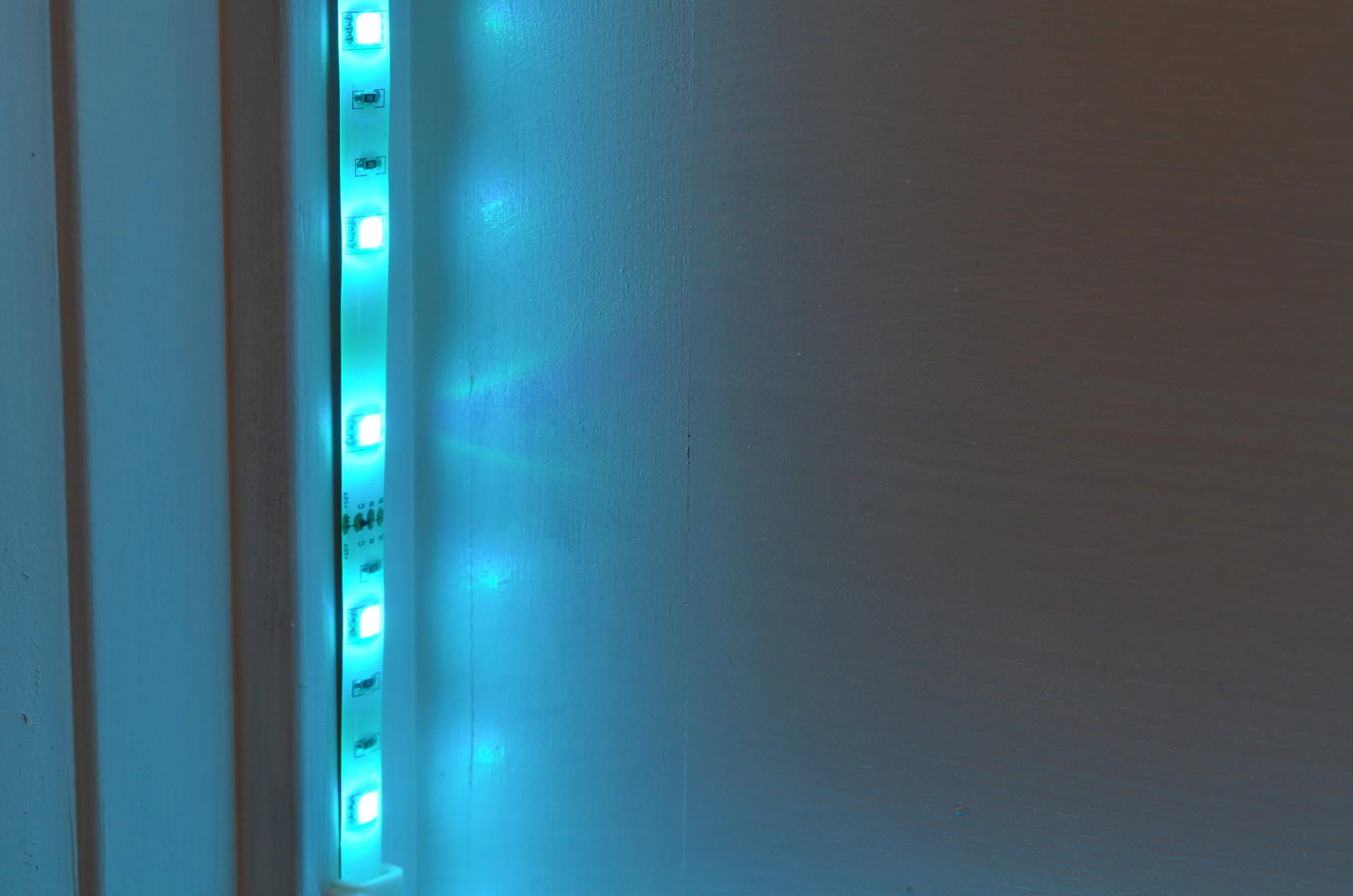Design:
Automatons:
- Hoteliers have been using robots for room service, and they'd like more, according to The Economist. Like restaurants, hotels have tight margins, lengthy service hours, low wages and are often dependent on undocumented workers and immigrants generally. With an uncertain future for immigration in the U.S. and the United Kingdom, there could be a shrinking supply of labor for hotels and restaurants in those countries, triggering a commensurate investment in automation for those industries.
Feeding the Future:
- Regular readers of this newsletter know that we are generally skeptical of "smart" products related to cooking, finding that they somehow manage to complicate simple tasks while preventing development of new skills and the pleasure of improvisation. Well, there's finally some cooking tech that looks genuinely innovative and useful from our perspective: a new type of oven using RF (radio frequency) to quickly cook multiple foods at different intensities of heat simultaneously. This apparently allows for some bizarrely precise operations, like their demo of cooking a fish within a block of ice. This could mean that making nutritionally complete meals from fresh ingredients becomes much more practical for busy people and families. And while you can imagine these devices being highly prescriptive ("run this program for your steak cooked to Anthony Bourdain's preferred level of doneness") it doesn't preclude experimentation which is a hallmark of technologies that augment human potential instead of making us more like automatons. That's the kind of futuristic thinking we can get behind.
Solutions from Down the Supply Chain:
- Chance the Rapper became the first to win a Grammy for a streaming-only album, a notable milestone for independent artists and producers everywhere. While widespread internet adoption was supposed to unlock a direct-to-audience model where craft producers or creative visionaries could deliver their works without editorial meddling and aggressive fees taken out, that model is still more theoretical than practical. While this award is a big, visible crack in the foundation in the old way of doing business, the window of opportunity for independent creators to find an audience online (and success on their own terms) may be closing if net neutrality goes away.
More next week.
Design:
- With complex and highly dynamic interactions, cities are a constant source of inspiration for designers. Much of the design attention around cities in the 21st century has based in creating so-called smart cities via sensor networks and automation. Paris is testing out a solution combining high and low tech to combat the problem of public urination. The device is essentially an outdoor urinal (sans-plumbing) that turns straw, carbon, and urine into compost with internet connected sensors notifying city workers when straw needs to be swapped out. While it's not a pretty problem to think about, it uses a realistic mental models of cities and their inhabitants (warts and all) as a foundation and arrives at an intervention that could be highly effective instead of producing pretty PR fluff.
Automatons:
- In the late 1990s/early 2000s much was made of U.S. employment shifting from manufacturing to a service economy. There was a popular notion that outsourcing and automation made the repetitive manual labor of mass production a poor fit for U.S. workers, but that humans would still want or need to interact with other humans when it comes to buying insurance, a car or coffee. But globalized marketplaces quickly commoditized a huge range of goods and the move to e-commerce made us trust (or even prefer) transacting with our devices instead of our neighborhood shops. Add to the that falling costs of sophisticated robotics and we're looking at a coming wave of automation displacing human labor in service roles as well. Silicon Valley is betting on this trend with products like the Cafe X kiosk, a sort of robot barista. While retail based production-side robots have been rolling out for years now (for shawarma, for sushi, for ramen) the CafeX solution is notable for including sales and service functions as well, which leaves restocking and maintenance as the only obvious labor roles for humans to play.
- On the software side of adding some automation into the coffee business, Starbucks is testing a chatbot that you can place orders with via voice or text.
Building Things:
Machines for Moving:
- Piaggio, the maker of the Vespa, has been running an innovation lab / internal startup in stealth mode for awhile now, and they just revealed their first project: a portly little robot that can carry 40 lbs. and follow you home from the store. It's an interesting and potentially very useful solution to the 'last mile' problems that complicate life for city dwellers. In particular, it could reduce the pain of getting fresh produce for those living in food deserts or help elderly folks maintain a high level of independence. And unlike self driving cars, which may disrupt the urban ecosystem for the worse, this machine fits with existing pedestrian and bike-friendly infrastructure.
More next week.
Design:
- The first new pistol for the U.S. Army in 35 years is built on a modular framework, in part to accommodate the wide variety of hand sizes among enlisted men and women. This has become a more significant issue over the years as the number of women in combat roles has increased. The U.S. military has a history of limited options to meet the needs of women, a sort of technical debt owing to being a gender-restricted organization for most of its existence. Equipment like prosthetics and boots originally designed solely for men have contributed to worse patient outcomes and higher injury rates for female soldiers. In a world designed for men, this is a step in the right direction.
Feeding the Future:
Communication:
Virtually There:
More next week.




